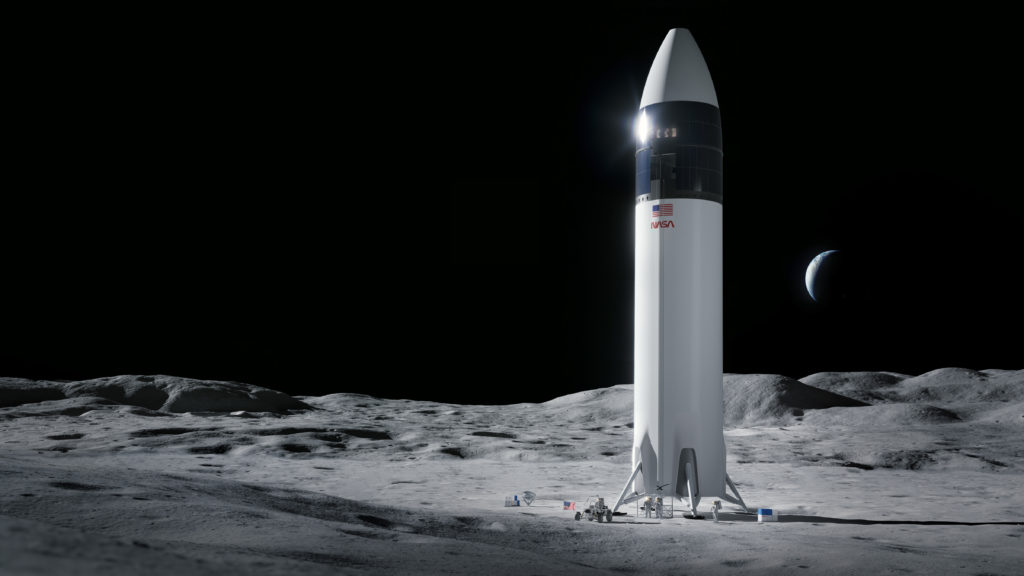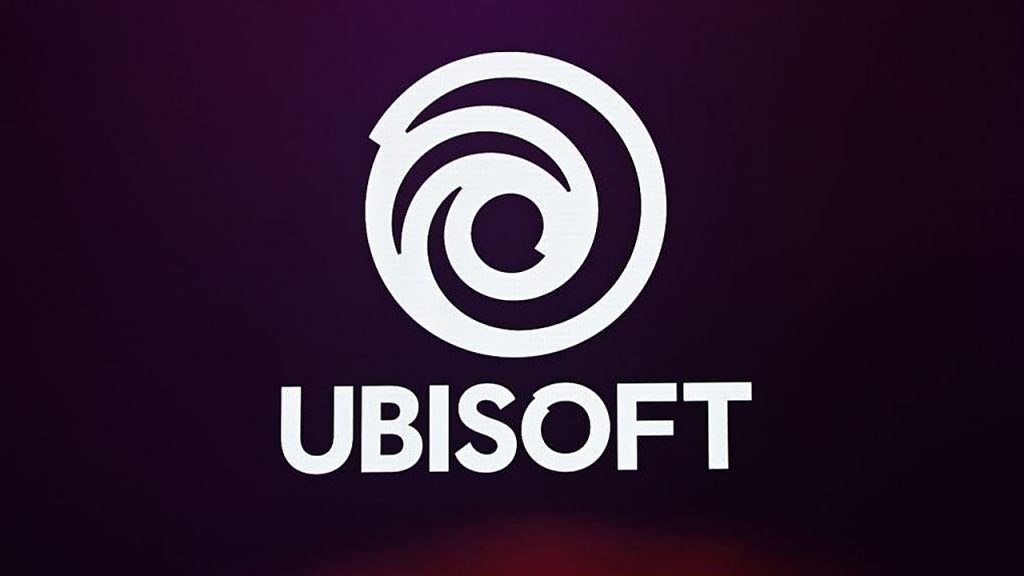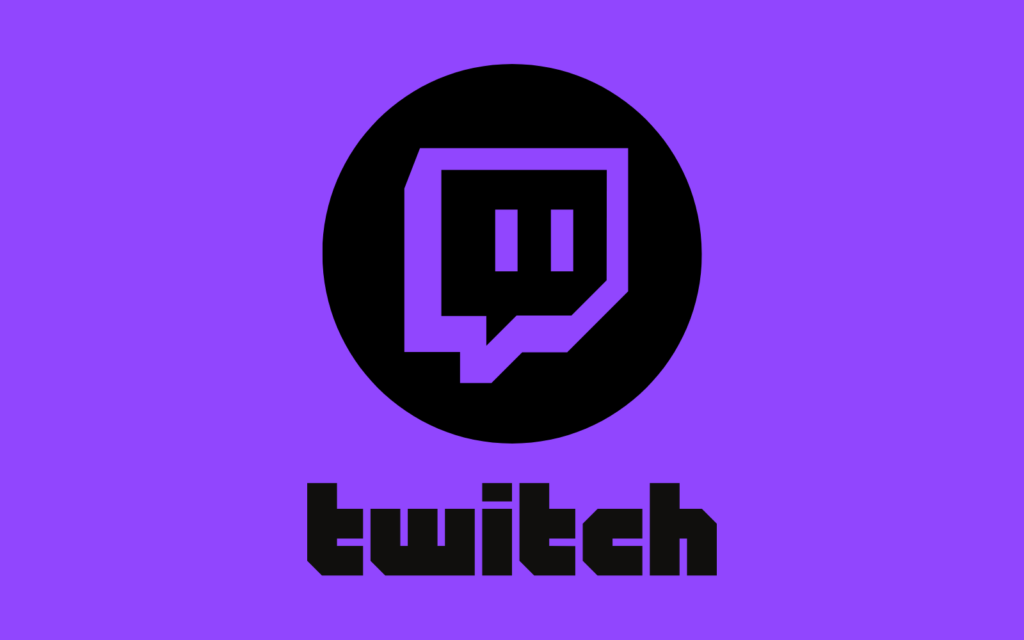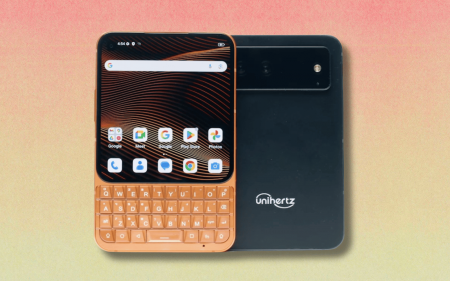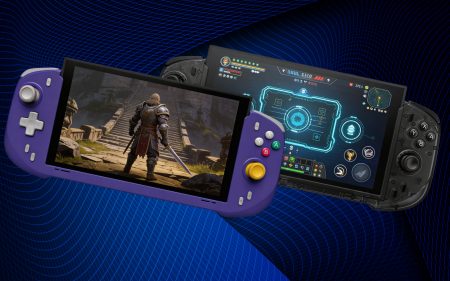Artemis 1 launch rescheduled for November
NASA’s Artemis 1 rocket stack, consisting of the Space Launch System rocket (SLS) and the Orion space capsule, has survived Hurricane Ian but missed the most recent launch window. The big brains at NASA decided it would be better not to risk the multibillion-dollar rocket standing on the launch pad and wheeled it back to the Kennedy Space Center’s Vehicle Assembly Building. Doing so meant forfeiting the third backup launch date of 2 October. Hurricane Ian had weakened to a tropical storm by the time it reached the Artemis stack. Still, NASA said “there was no damage to Artemis flight hardware” adding that it only suffered a “minor water intrusion.”
NASA confirmed on Friday, 1 October, that it would aim for a launch between 12 – 27 November. That launch will send Artemis on the first of several missions to take humanity back to the Moon. This first unmanned mission is to make sure everything works as intended. The next one will be similar except it will use real people with the eventual aim of the third mission to set up a lunar base.
Source: Space.com
Razer announces new handheld gaming hardware
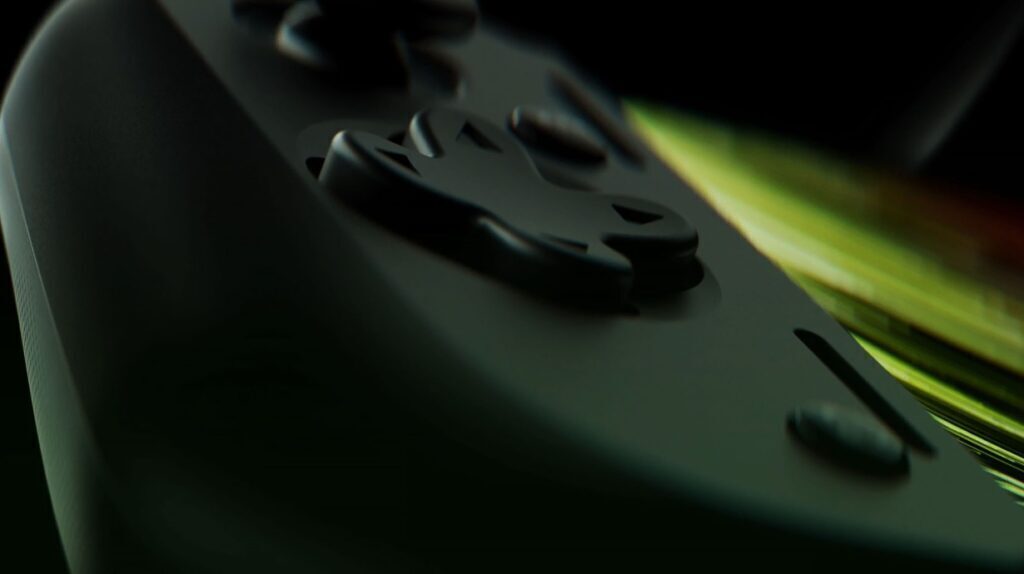
In case you missed it, Mobile World Congress held an event in Las Vegas last week. One announcement caught our eye more than others. In a partnership with Verizon and Qualcomm, PC peripheral manufacturer Razer is developing a new handheld gaming console, touting it as the world’s first 5G gaming handheld. We guess they aren’t counting smartphones in that tally. The new gaming handheld will be unimaginatively named the Razer Edge 5G – seemingly a direct update to the Razer Edge that came out in 2013 – and will be based on Qualcomm’s Snapdragon G3X Gen 1 platform.
Users will have the option to play games locally or stream them from their other consoles and the cloud. As the name suggests, the device will use 5G for connectivity, so its usefulness will hinge on 5G coverage in your area. Razer is probably banking on the device’s 5G connectivity to set it apart from the rest of the market. Currently, it’s up against the Steam Deck, Nintendo Switch, and the recently announced Logitech G Cloud gaming handheld. There aren’t any further details regarding price or availability yet. Razer will (hopefully) reveal those on 15 October during RazerCon.
Source: Wired
Ubisoft to the rescue for some abandoned Stadia users
Late last week, Google announced that it would be calling it quits on its Stadia cloud gaming platform. The announcement was sudden and without much warning for users and even some developers. The few people that paid for Stadia hardware and games on the platform will be refunded with the exception of Stadia Pro subscribers. That might soothe some users over, but the players that have spent thousands of hours perfecting their character or grinding for the best loot risk losing all of their progress.
That’s where Ubisoft is stepping in to help where it can. “While Stadia will shut down on January 18th, 2023, we’re happy to share that we’re currently working to bring the games you own on Stadia to PC through Ubisoft Connect,” said Ubisoft senior corporate communications manager Jessica Roache to The Verge. Although, it still isn’t clear if this will allow players to import their saved game data. And if the game you’ve poured hundreds of hours into isn’t a Ubisoft title then it seems you’re still out of luck.
Source: Engadget
Twitch rolls out tests for ‘Elevated chat’ feature
Twitch is testing yet another way for its viewers to spend their money on its platform. It has announced testing for a new ‘elevated chat’ feature that will allow viewers to spend between $5 and $100 (R90 – R1,800) split between five tiers to display their messages for an extended period. Viewers can pay $5 for an extra 30 seconds of spotlight or up to $100 for an extra two and a half minutes. In the case where multiple viewers pay to spotlight their message over the same time, a queue will be formed.
This is, according to Twitch, a “new way for viewers to support their favourite streamers,” with Twitch splitting the extra cash 70/30 with creators receiving the lion’s share. It smells like good optics to us. Why not do what creators are asking for and split all revenue streams the same way when it’s much easier to give that responsibility to the community? The tests started last week Thursday on some eligible channels and, surprisingly, will be available in South Africa for the duration of ‘elevated chats’ stay.
Source: Game Developer

